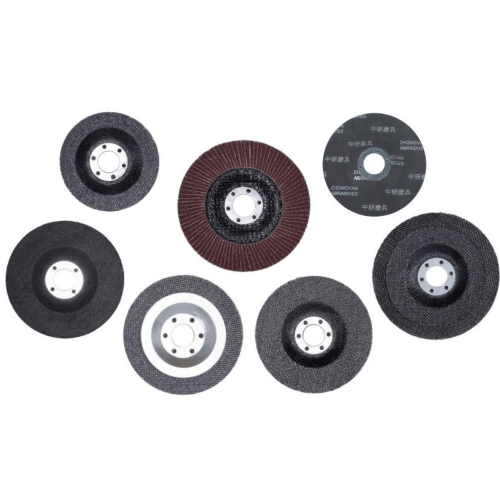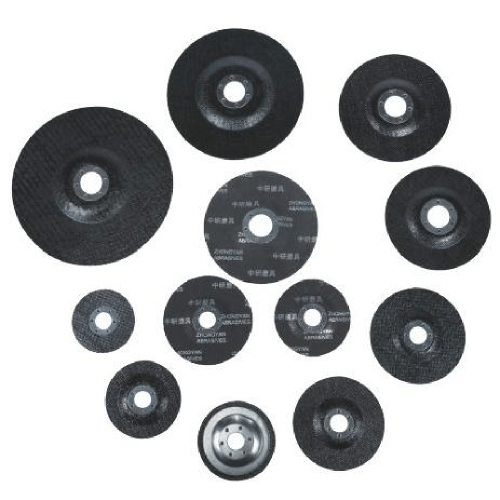wheel mechanical strength
Wheel mechanical strength represents a critical engineering parameter that determines a wheel's ability to withstand various forces and stresses during operation. This fundamental characteristic encompasses the wheel's capacity to maintain structural integrity under load bearing, impact resistance, and fatigue performance. Modern wheels are designed with advanced materials and engineering principles to achieve optimal mechanical strength, ensuring safety and durability in diverse applications. The structural integrity of wheels is tested through various methods, including radial fatigue tests, impact resistance evaluations, and cornering fatigue assessments. These tests simulate real-world conditions to verify the wheel's ability to withstand dynamic loads, thermal stress, and environmental factors. The mechanical strength of wheels is particularly crucial in automotive applications, where they must support vehicle weight, withstand braking forces, and maintain stability during cornering. Engineers utilize finite element analysis and advanced computer simulations to optimize wheel design, ensuring proper distribution of stress and strain throughout the wheel structure. This comprehensive approach to mechanical strength ensures long-term reliability and safety performance across various operating conditions.


